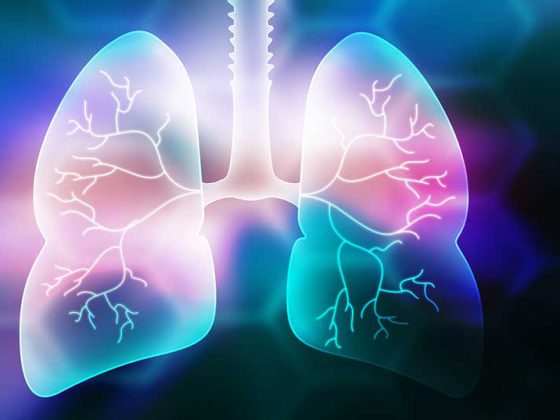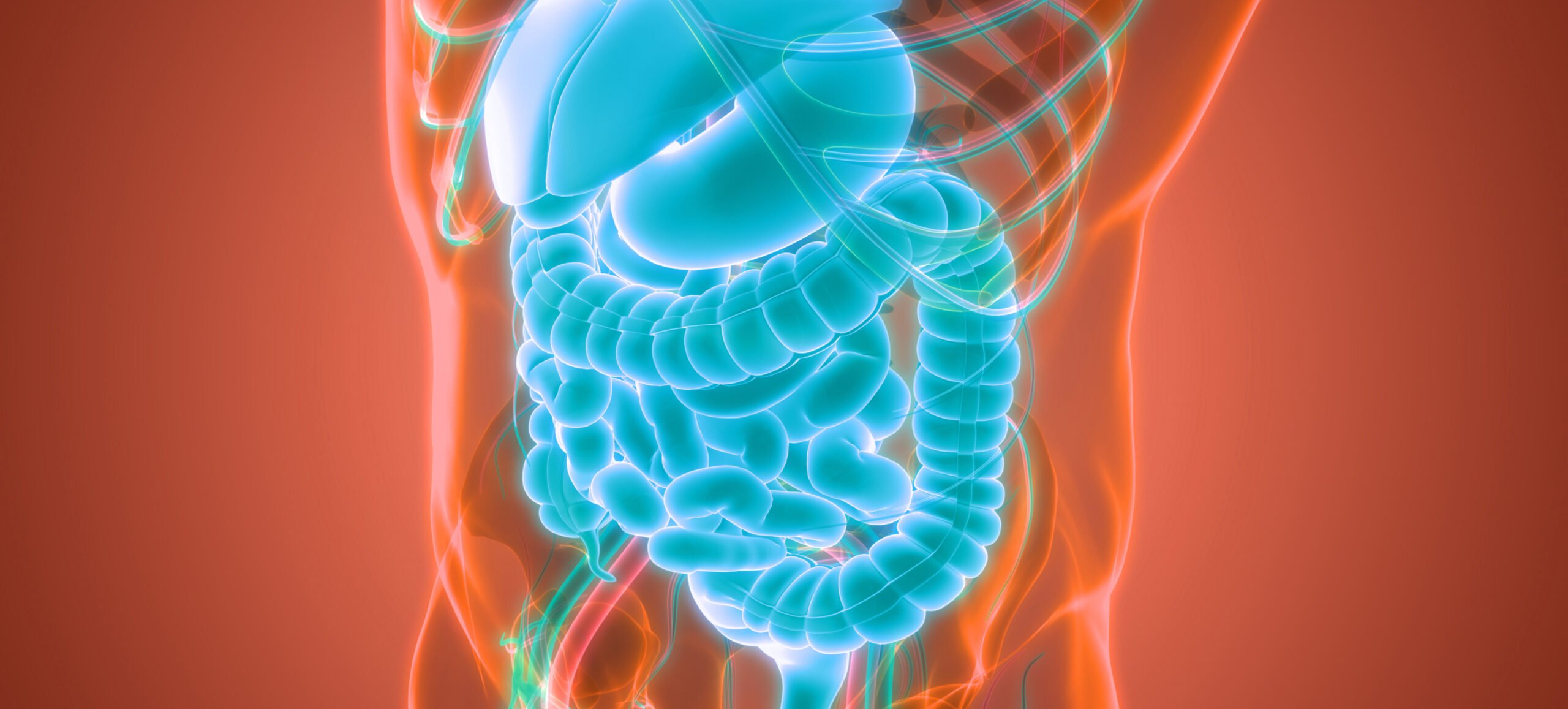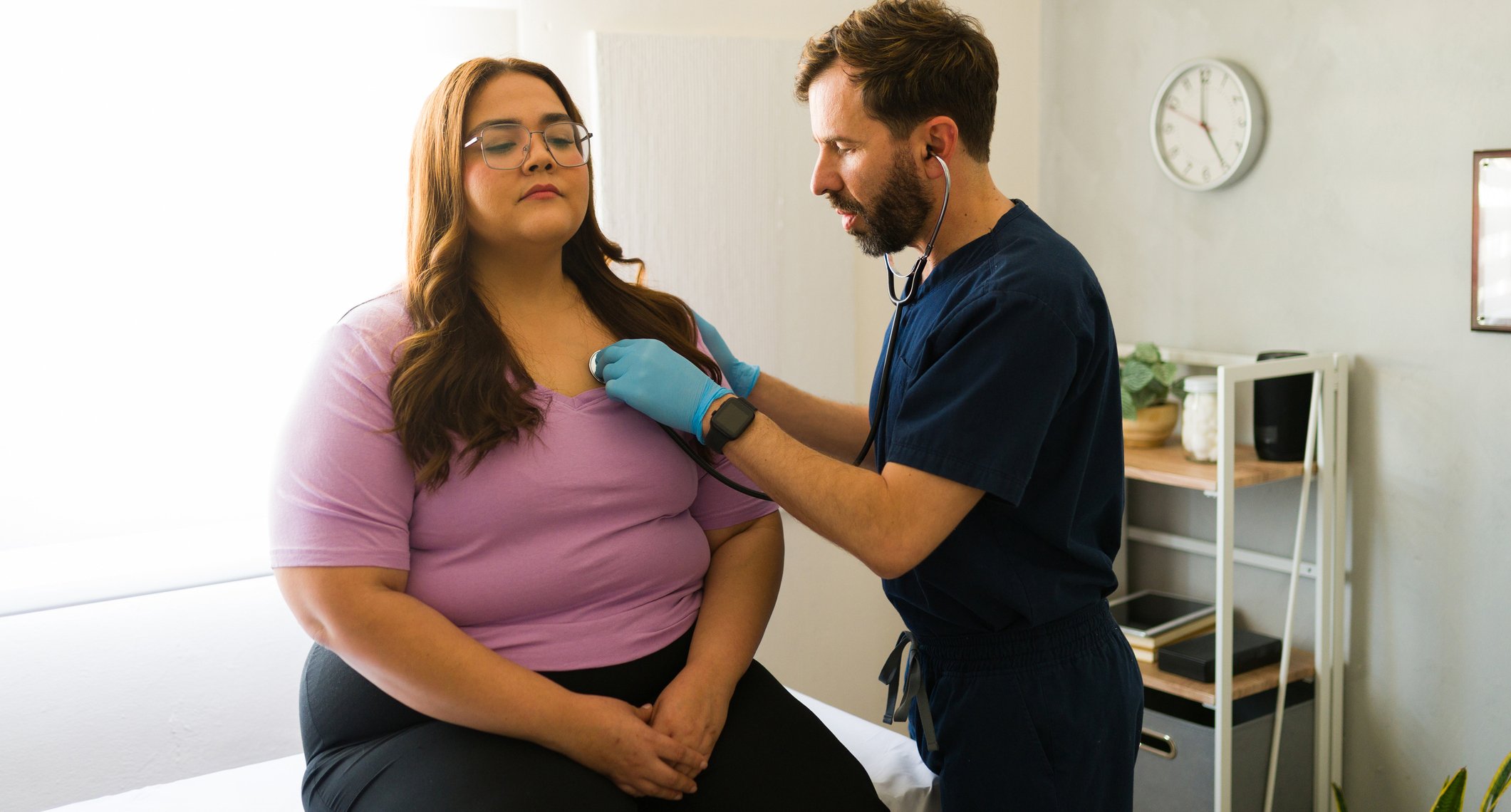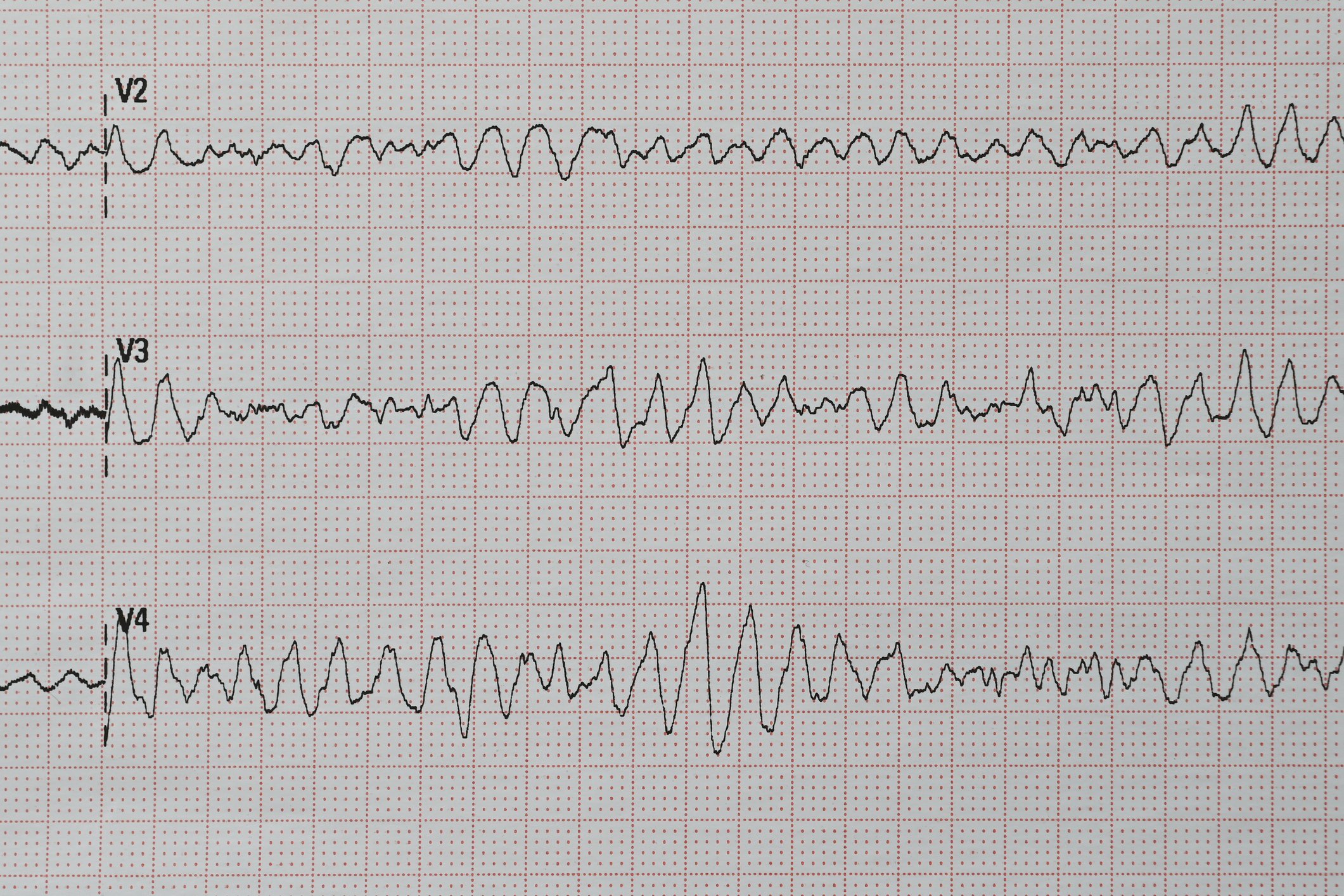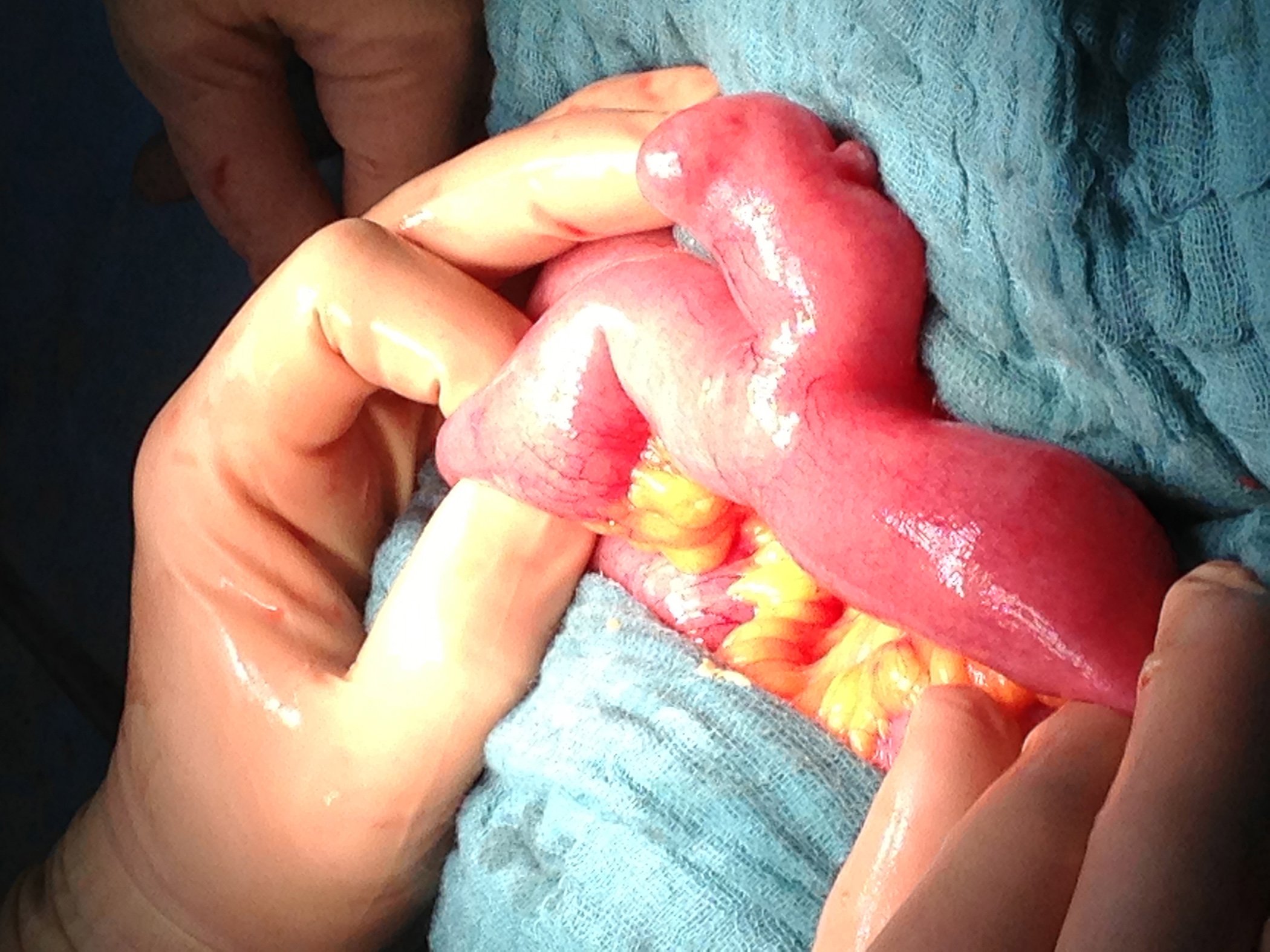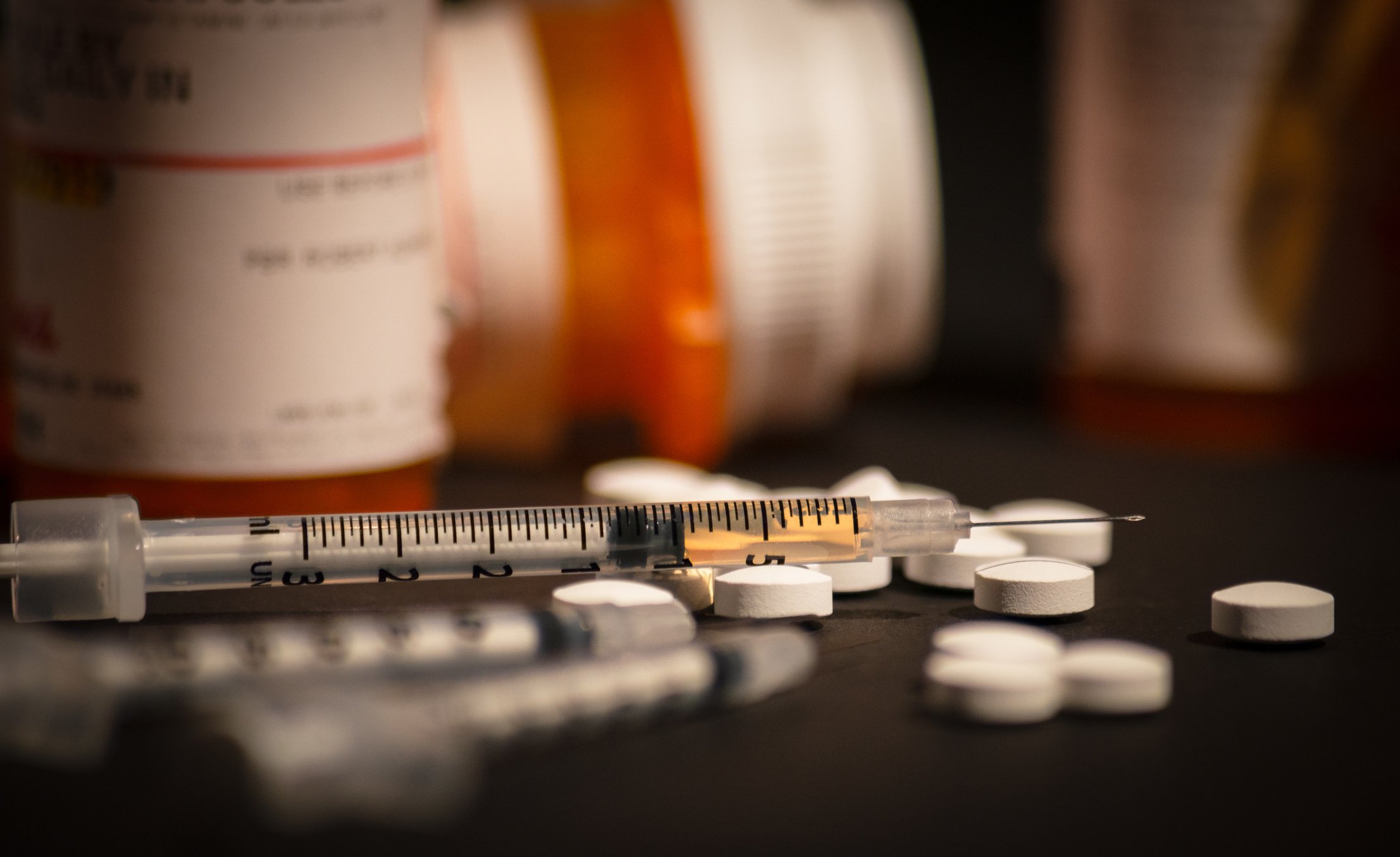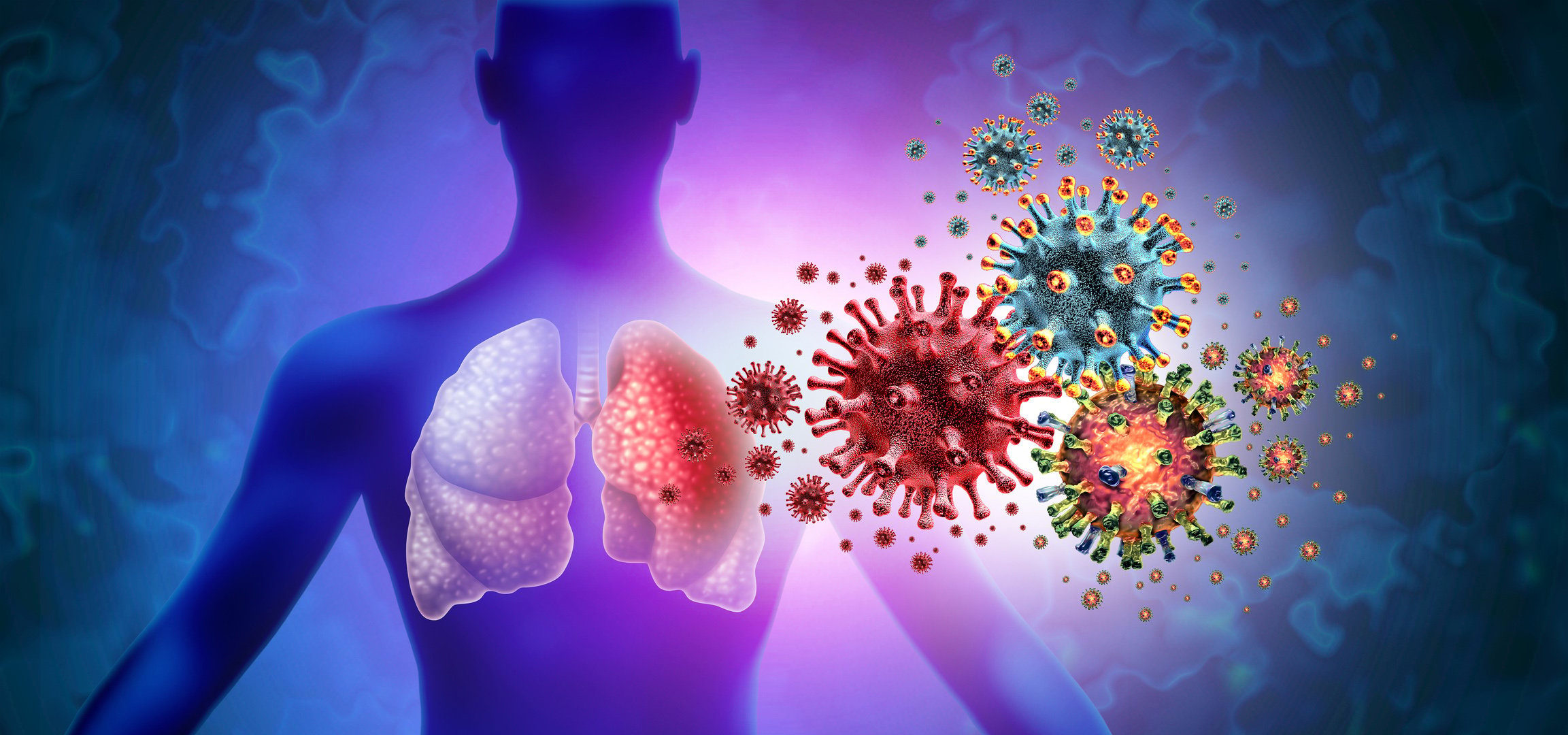A 62-year-old patient with long-standing gastroesophageal reflux disease presents to the consultation. He reports that despite GERD therapy with a proton pump inhibitor (PPI) at an adequate dosage (Pantozol 40 mg; 1-0-0), reflux symptoms persist and bother him.
Background: A 62-year-old patient with long-standing gastroesophageal reflux disease (GERD) presents to the consultation. He reports that despite GERD therapy with a proton pump inhibitor (PPI) at an adequate dosage (40 mg; 1-0-0), reflux symptoms persist and bother him. In particular, evening and nighttime complaints have been affecting sleep quality for several weeks. Despite the symptoms, the patient strictly refuses escalation of PPI medication.
History and Diagnosis: The 62-year-old patient reported long-standing GERD that was very well controlled for almost 20 years. An index endoscopy at the time of initial diagnosis showed Savary-Miller stage III esophagitis, and histology found no evidence of Barrett’s esophagus. Immediate lifestyle modification with weight loss and medication with a PPI allowed control of heartburn and regurgitation. During the course, several unsuccessful attempts were made to reduce or discontinue the PPI.
Since the patient retired three years ago, reflux symptoms, with mainly evening heartburn and regurgitation while lying down, are not well controlled and night sleep is disturbed. This places a burden on the patient and limits his or her quality of life. Therefore, a year ago, an attempt was made to extend the PPI dosage to include an evening dose, but this was unsuccessful. Equally unsuccessful was additional medication with the H2 receptor antagonist ranitidine at night.
Therapy and course: After extensive counseling on aggravating dietary factors such as coffee, alcohol, and fruit juices, lifestyle factors, and weight control, possible treatment options up to and including surgery were discussed. A renewed probationary increase of the PPI dose and the suggestion of a diagnostic esophagectomy, to safely exclude differential diagnoses such as higher-grade esophagitis, a Schatzki ring, or thrush esophagitis, were vehemently rejected. The compromise of using pH-metry to question the acidogenesis of the complaints was agreed to. pH-metry showed refractory acid reflux under PPI medication (40 mg, 1-0-0), especially in the recumbent position, with an increased number of reflux episodes and increased acid contact time in the esophagus. The patient agreed to add-on therapy with an alginate, after lunch and dinner, to cover periods of residual discomfort and demonstrable acid reflux according to pH metrics. After 4 weeks, the patient reported improvement in reflux symptoms and night sleep.
 Comment by Prof. Dr. med. Martin Storr: Retrosternal symptoms are common in family practice and can be well controlled with PPI medication after exclusion of cardiac causes, especially if endoscopy proves esophagitis. It is then somewhat more difficult to decide which permanent therapy to choose. In the absence of esophagitis or only first-grade esophagitis, it is recommended to taper off PPI medication again and use on-demand medication, for example, depending on the symptomatic course. In higher-grade esophagitis, an attempt to wean the patient off the medication is also appropriate, but this often fails, so that permanent medication is usually required. In many patients, good long-term symptom control can be achieved as a result. However, in many patients, the symptoms slowly increase again during the course of the disease or there are residual complaints from the beginning. In the case of such a “therapeutic gap”, it is first helpful to clarify with a renewed detailed anamnesis whether it is really a matter of reflux-like residual complaints or dyspeptic complaints, because dyspeptic complaints should be treated primarily with dietary recommendations and, if necessary, an anti-dyspeptic agent. If reflux symptoms predominate, repeat endoscopy may be helpful to substantiate esophagitis or to rule out other esophageal diseases. Helpful, but not mandatory, may also be a 24-hour pH-metry to confirm the acidogenesis of the complaints. In cases of confirmed or probable acidogenesis, temporary doubling of the PPI dose or introduction of an alternative mechanism of action such as add-on therapy with an alginate may be used as therapeutic strategies. In the present case, the use of an alginate led to success, as its mechanism of action prevented reflux of gastric contents and thus improved not only the acid complaints but also the disturbed sleep. Because of residual symptoms, particularly during the afternoon, evening, and night, add-on therapy was scheduled for noon and evening to best cover symptom-loaded times. Since alginates do not build up an active level in the body, they do not have to be taken off or on their own and can therefore be used flexibly in the symptomatic therapy of reflux symptoms.
Comment by Prof. Dr. med. Martin Storr: Retrosternal symptoms are common in family practice and can be well controlled with PPI medication after exclusion of cardiac causes, especially if endoscopy proves esophagitis. It is then somewhat more difficult to decide which permanent therapy to choose. In the absence of esophagitis or only first-grade esophagitis, it is recommended to taper off PPI medication again and use on-demand medication, for example, depending on the symptomatic course. In higher-grade esophagitis, an attempt to wean the patient off the medication is also appropriate, but this often fails, so that permanent medication is usually required. In many patients, good long-term symptom control can be achieved as a result. However, in many patients, the symptoms slowly increase again during the course of the disease or there are residual complaints from the beginning. In the case of such a “therapeutic gap”, it is first helpful to clarify with a renewed detailed anamnesis whether it is really a matter of reflux-like residual complaints or dyspeptic complaints, because dyspeptic complaints should be treated primarily with dietary recommendations and, if necessary, an anti-dyspeptic agent. If reflux symptoms predominate, repeat endoscopy may be helpful to substantiate esophagitis or to rule out other esophageal diseases. Helpful, but not mandatory, may also be a 24-hour pH-metry to confirm the acidogenesis of the complaints. In cases of confirmed or probable acidogenesis, temporary doubling of the PPI dose or introduction of an alternative mechanism of action such as add-on therapy with an alginate may be used as therapeutic strategies. In the present case, the use of an alginate led to success, as its mechanism of action prevented reflux of gastric contents and thus improved not only the acid complaints but also the disturbed sleep. Because of residual symptoms, particularly during the afternoon, evening, and night, add-on therapy was scheduled for noon and evening to best cover symptom-loaded times. Since alginates do not build up an active level in the body, they do not have to be taken off or on their own and can therefore be used flexibly in the symptomatic therapy of reflux symptoms.


